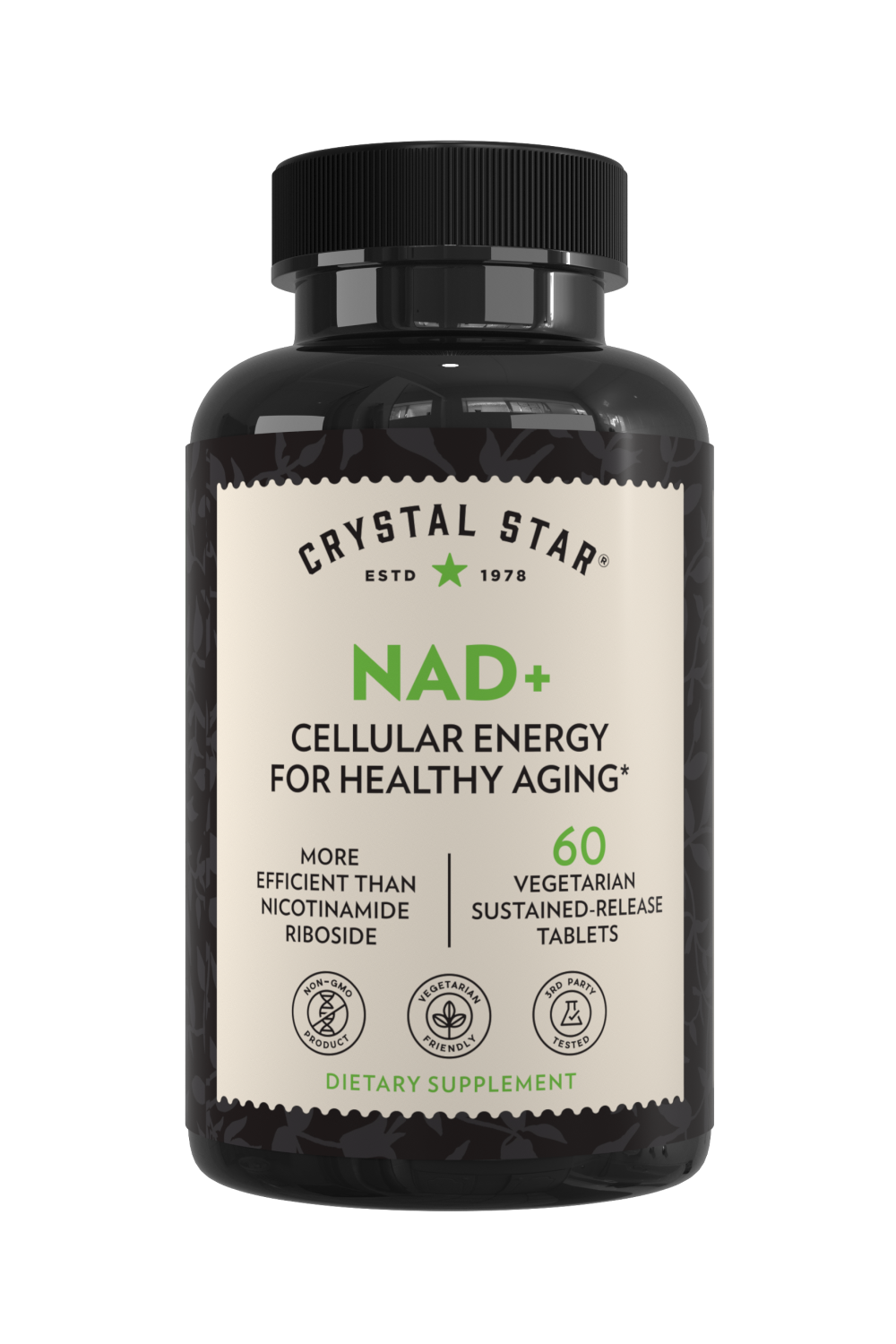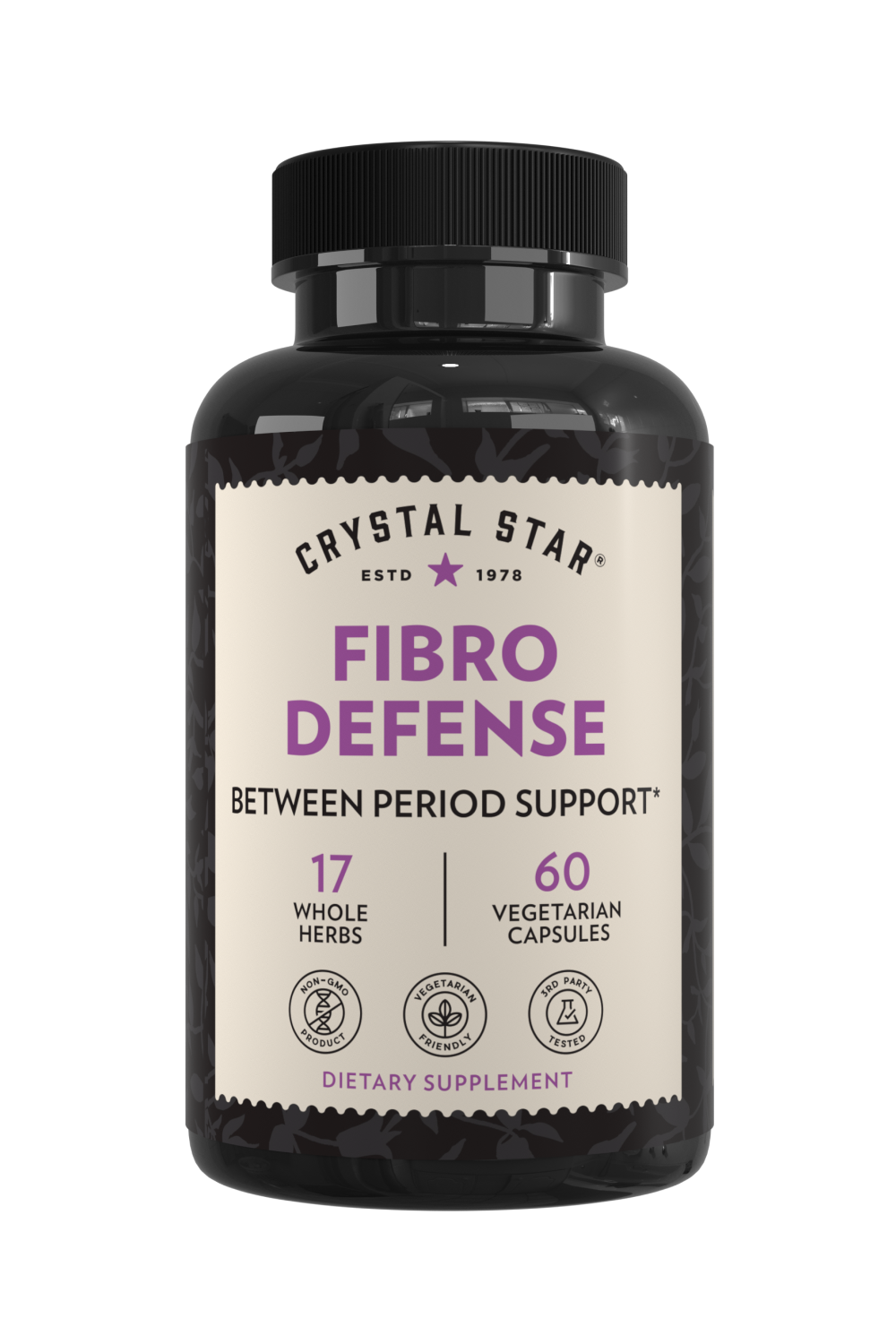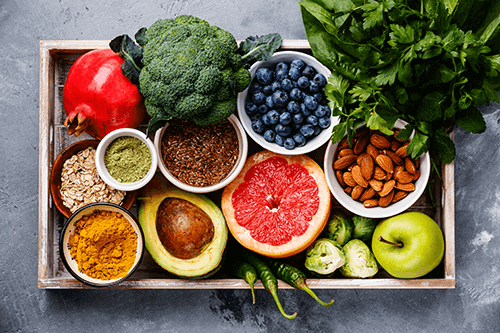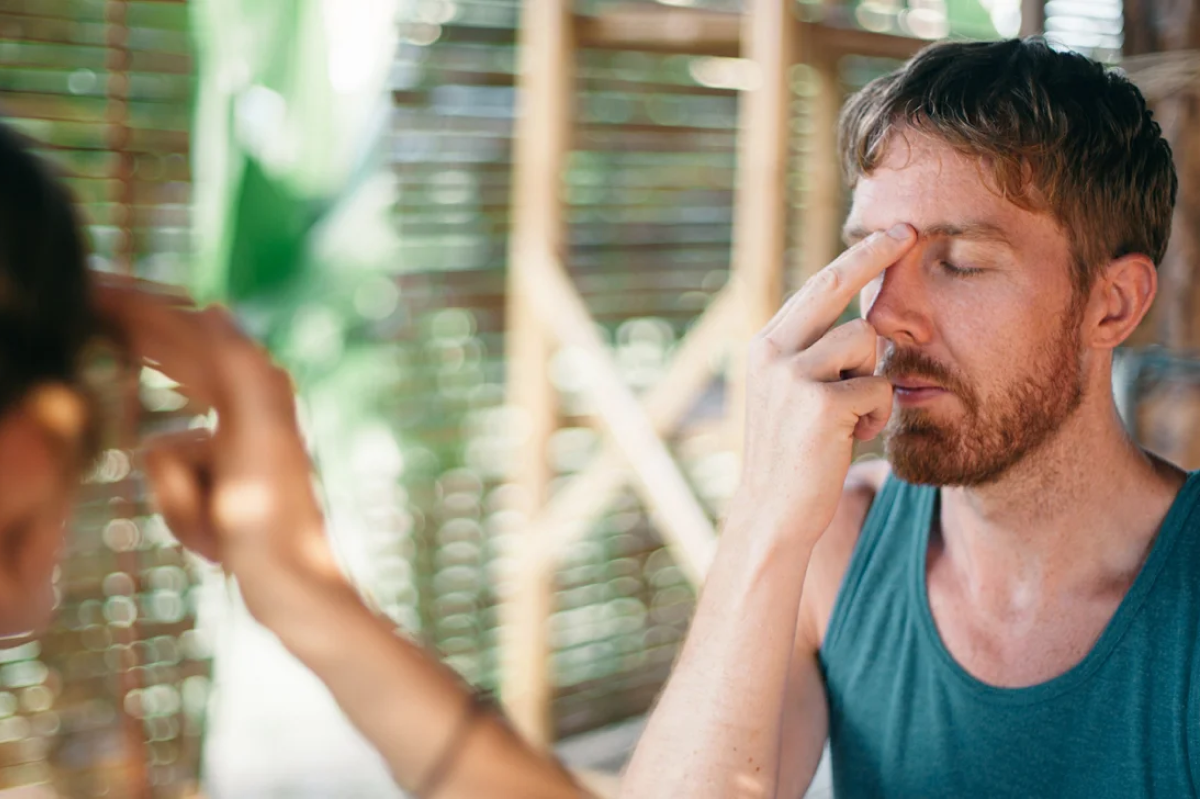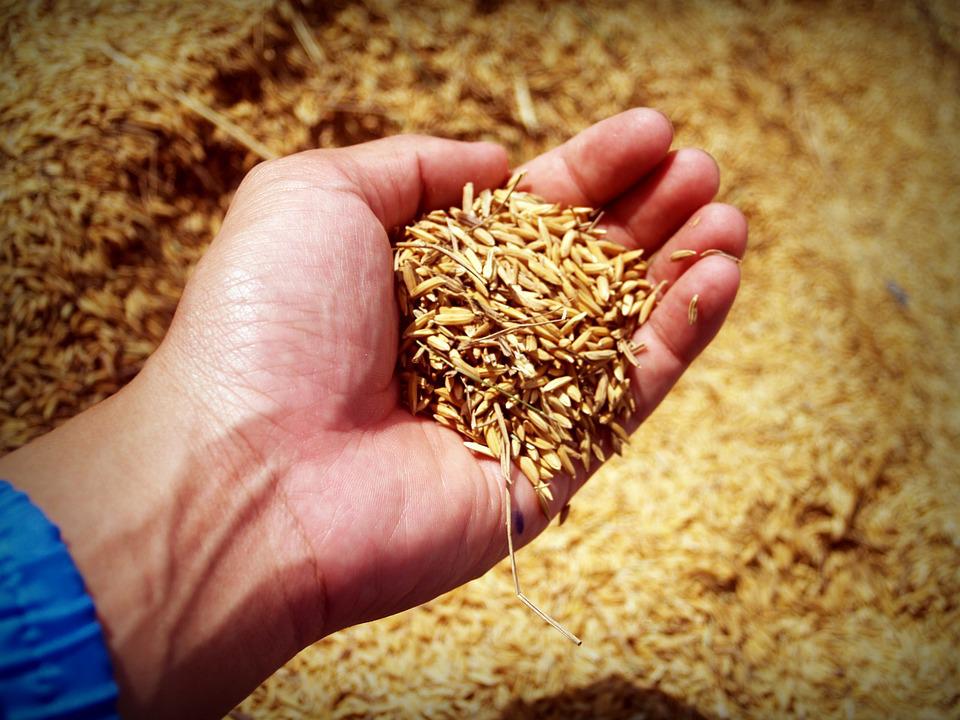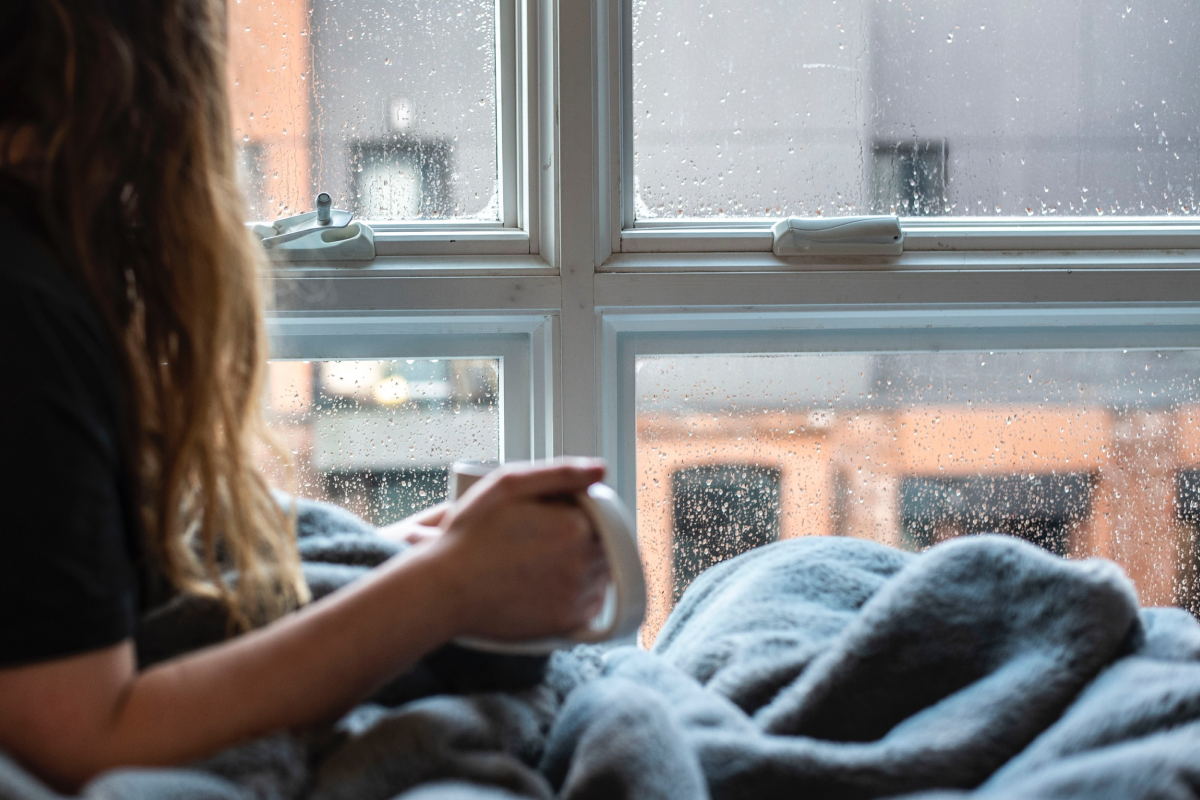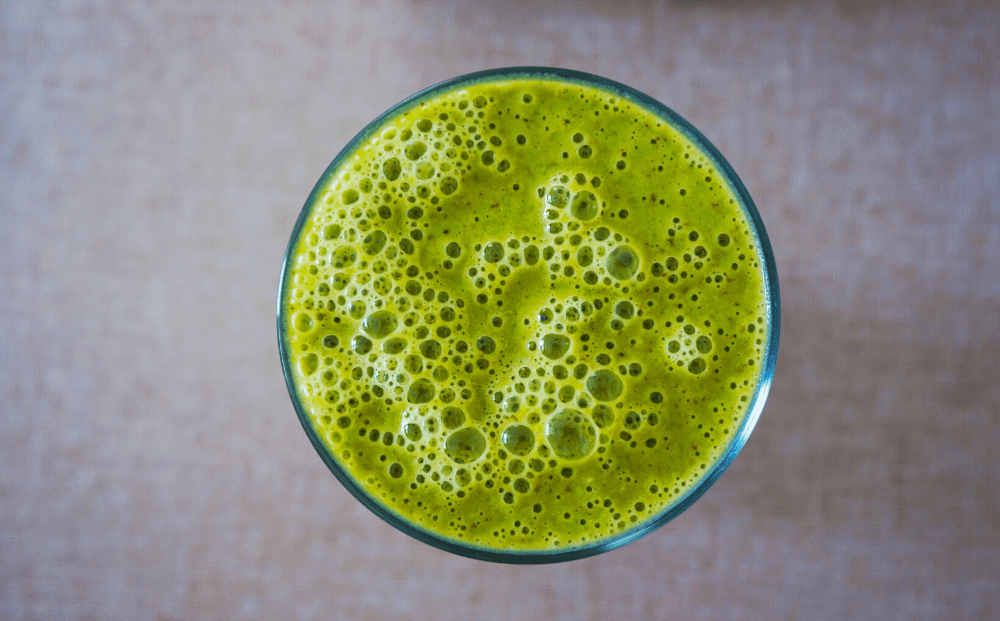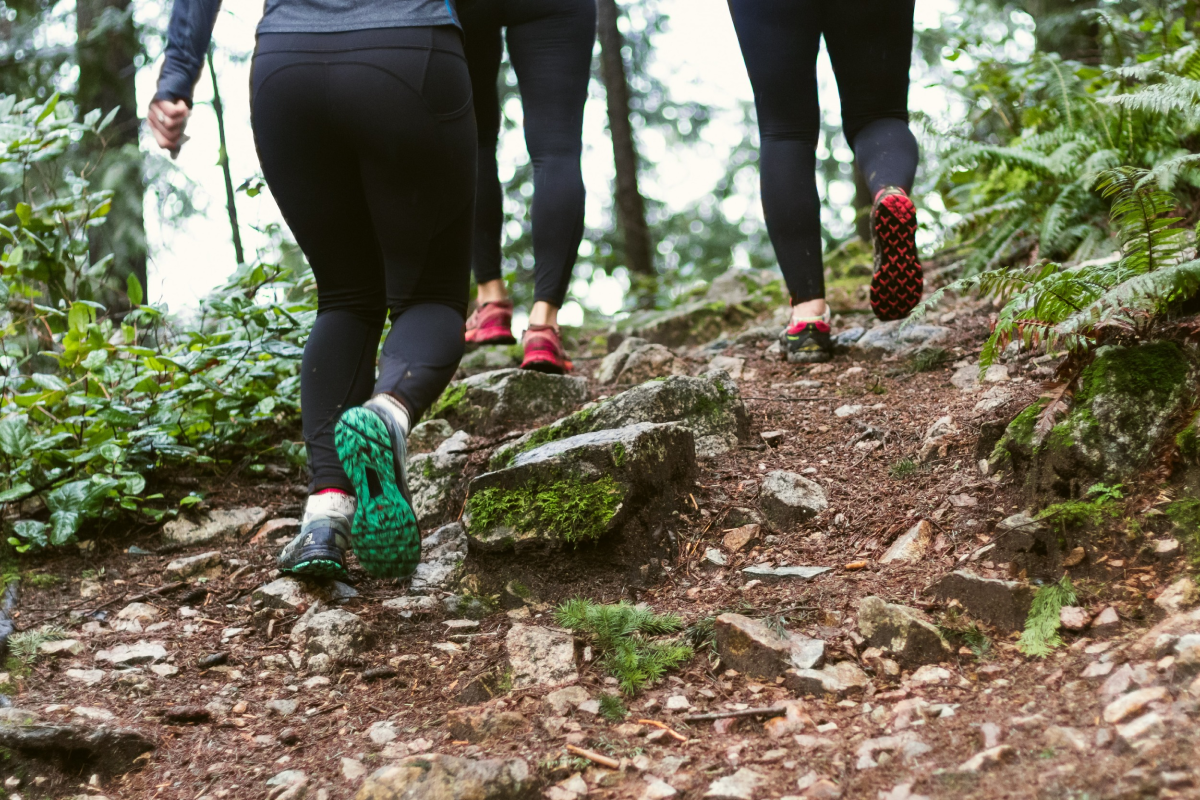Maybe you’ve tried quieting your mind, connecting with your partner, and cutting down on your
sexual inhibitors, but you’re still struggling to activate your desire, arousal, or endurance. If these struggles appeared gradually over time and are consistent even in the best sexual contexts (low stress, high intimacy, good mood), body-based protocols targeting your hormone levels, circulation, and cellular health can help.
Limits of the erection Rx
While medications for ED can enhance your erections (part of male arousal), they won’t act on your desire i.e. you may wind up with an erection and no interest in using it. Like all medications, ED prescriptions can have side effects from headaches and nausea to hearing loss, and some men can’t take them due to heart conditions or high blood pressure—some of the very health conditions that can cause ED in the first place.
Hormones or circulation: what’s the difference?
Sex hormones like testosterone play a big part in sexual desire , so if you don’t feel motivated to have sex you may need to address your hormone levels. This lack of motivation can contribute indirectly to erectile dysfunction (ED), but it’s also possible to experience arousal (i.e. erections) without feeling desire. In short: disinterest in sex usually has psychological or hormonal origins.
If you’re interested in sex but can’t get aroused, that’s most likely a blood flow or retention issue, especially if you aren’t having involuntary erections at night. Underlying health conditions like high blood pressure can reduce blood supply to the penis, as can smoking, drug and alcohol abuse, and certain classes of medication. As men age, their erectile tissue may also have a tougher time retaining the blood necessary for an erection. That’s because oxidative stress caused by free radicals damages cells, making the erectile tissue porous. Oxidative stress may also lead to clogged arteries (a.k.a atherosclerosis), another condition that limits blood flow to the penis.
Whatever combination of hormonal or circulatory problems you might be facing, nutrition, sleep, exercise, diet, and herbal remedies can help boost both your desire and performance.
Eat antioxidants and zinc for sexual health
Since oxidative stress is a leading cause of
age-related ED, antioxidants from food are vital for both prevention and treatment. While there are plenty of antioxidant-packed superfood options like goji berries and chaga mushroom, incorporating antioxidants into your diet can be both simple and affordable. A good rule is to get as much colorful produce in your grocery cart as possible since each color usually corresponds to a different type of antioxidant. For example, black plums, blackberries, blueberries, and red grapes all contain the antioxidant anthocyanin. Other high-antioxidant foods include beets, beans, cabbage, kale, spinach, pecans, and dark chocolate.
Zinc is a vital trace element that we can only obtain from food and supplements. In addition to its antioxidant properties, zinc plays a big part in sperm production and quality, testosterone production, and protecting the prostate against infection. In short, healthy male reproductive systems depend on adequate zinc intake.
That said, it’s possible to overdose on zinc when you use supplements, so as always we recommend turning to whole foods first. While most foods contain some amount of zinc, a few healthy categories and items are more zinc-rich than others. These include seeds, nuts, shellfish, crab, lobster, tofu, mushrooms, legumes, whole grains like brown rice, oats, and quinoa, eggs, lean poultry, non-rbST dairy, and even that antioxidant-rich dark chocolate.
A few simple diet adjustments can quickly fulfill your recommended daily intake—about 11mg for men (for more details check out this zinc
intake guide). An egg contains 1mg while yogurt is about 1.7mg per serving. Add two tablespoons of pumpkin seeds for another 2mg of zinc and your light breakfast has already put you at 43% of your daily value. Aim to incorporate 1-2 servings of least one zinc-rich food at lunch and dinner and you’ll hit 11mg by bedtime.
Cut down on sugar and red meat
While red meat is high in zinc, it’s also a risk factor for cardiovascular disease, cancer, and
erectile dysfunction. Consuming sugar, meanwhile, is associated with
lowered testosterone levels in men. Excess sugar (and refined carbohydrate) consumption also leads to increased fat deposits in your body, which in turn
decrease your testosterone levels.
Try sex-enhancing herbs
Herbs can boost male desire and performance by supporting circulation, hormone balance, and healthy tissue. If sexual arousal and desire are your main problems, horny goat weed (really) and ginseng are staples of Chinese Medicine and can support male sexual health when appropriately
blended with other, balancing herbs.
One study found that a compound in horny goat weed inhibits an enzyme that restricts blood flow to the penis, and
several studies have shown that different varieties of ginseng may assist with erections, hormone regulation, and sperm production
If you also struggle with energy, endurance, and recovery (in the gym as well as the bedroom), instead look for professional
herbal blends that include wild oats (really), gingko biloba, and maca. Several compounds in wild green oats may support cardiovascular health , and gingko biloba can increase blood flow to the brain and genitals, and may help increase dopamine in the brain, contributing to alertness.
Studies show that maca, meanwhile, can lessen fatigue and promote physical endurance. A 2002 double blind placebo-controlled
study also found that maca increased sexual desire in men aged 21 to 56
Exercise for better sex
Aerobic exercise like dancing, running, brisk walking, and swimming stimulate circulation and improve overall cardiovascular health. A 2018
systematic review of ED research studies found that weekly exercise of 160 minutes for six months decreased erectile problems in men with ED, while a 2010 study found that a
consistent yoga practice improved men’s desire, erections, and orgasm. The takeaway? Pick a form of movement you enjoy and stick to it for lasting sexual health benefits.
Get more sleep
If you’ve been struggling to improve your sleep habits here’s another motivator: poor or insufficient sleep is associated with
lowered testosterone levels, leading to decreased desire, particularly in older men.
Good sleep hygiene includes going to bed and waking at the same time every day (even weekends), turning off screens and eating dinner at least two hours before bedtime, and scheduling at least eight hours in bed. Track how many hours of sleep you need to feel rested, which can range from seven to nine hours among adults, then adjust your scheduled time in bed accordingly.
If you’re struggling to fall asleep, herbal
blends containing valerian, passion flower, and poppy can help.
Studies have shown that all three of these herbs cab help alleviate sleeplessness. Try a DIY lavender aromatherapy spray on your pillow at bedtime. Combine equal parts vodka or witch hazel with distilled water in a spray bottle and add lavender oil at a 1%-2% dilution (between 6 and 12 drops for each ounce of liquid) spritz on your pillow, and take slow, gentle breaths—lavender essential oil improves both sleep quality and duration.
Give it time
All of these approaches are geared towards healing and strengthening your body—in some cases at the cellular level. Improvements may show themselves gradually over weeks and months, but as long as you keep up your new healthy habits, they’ll last for years.


